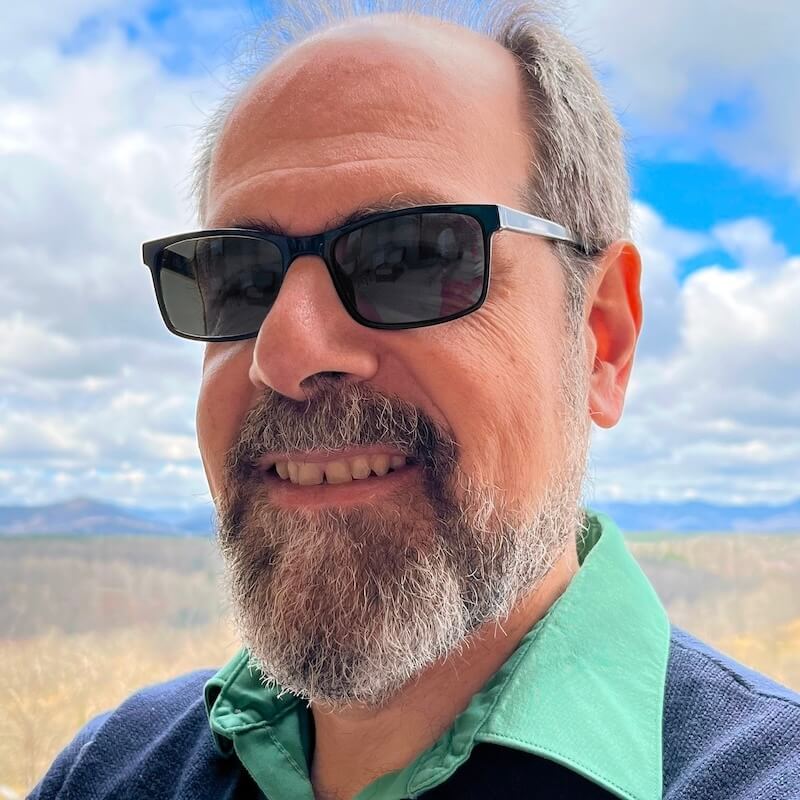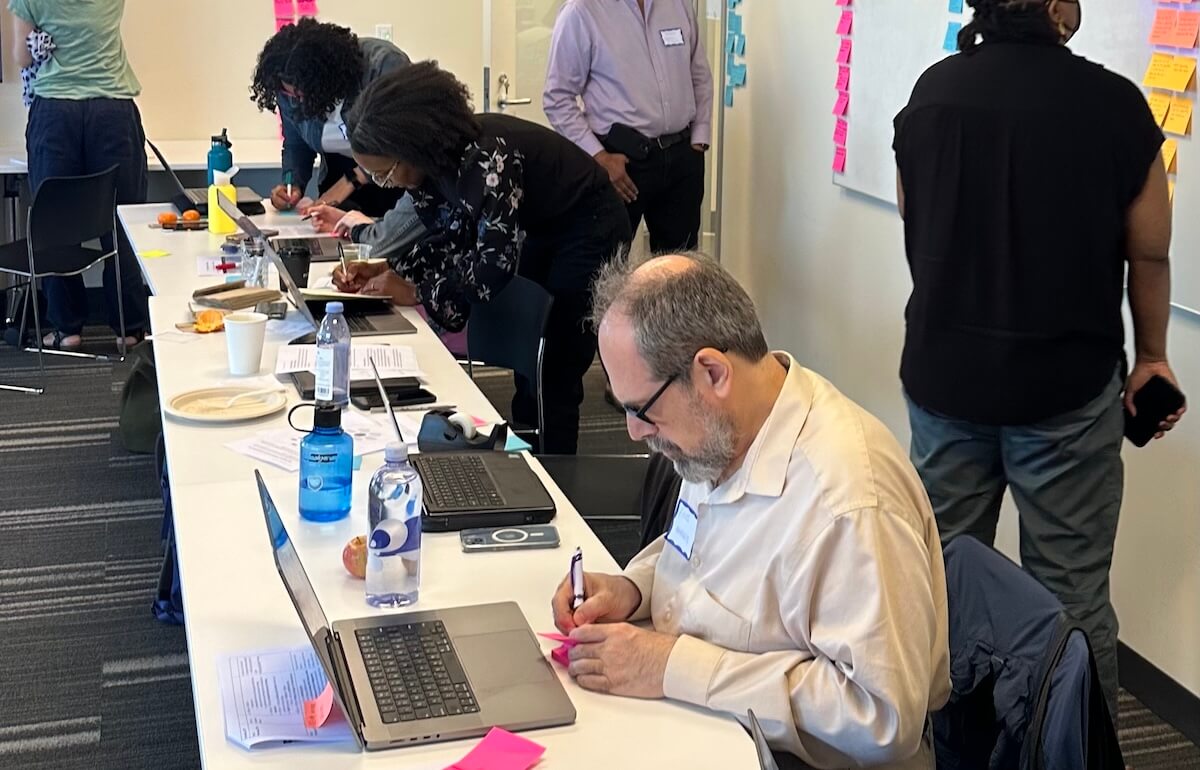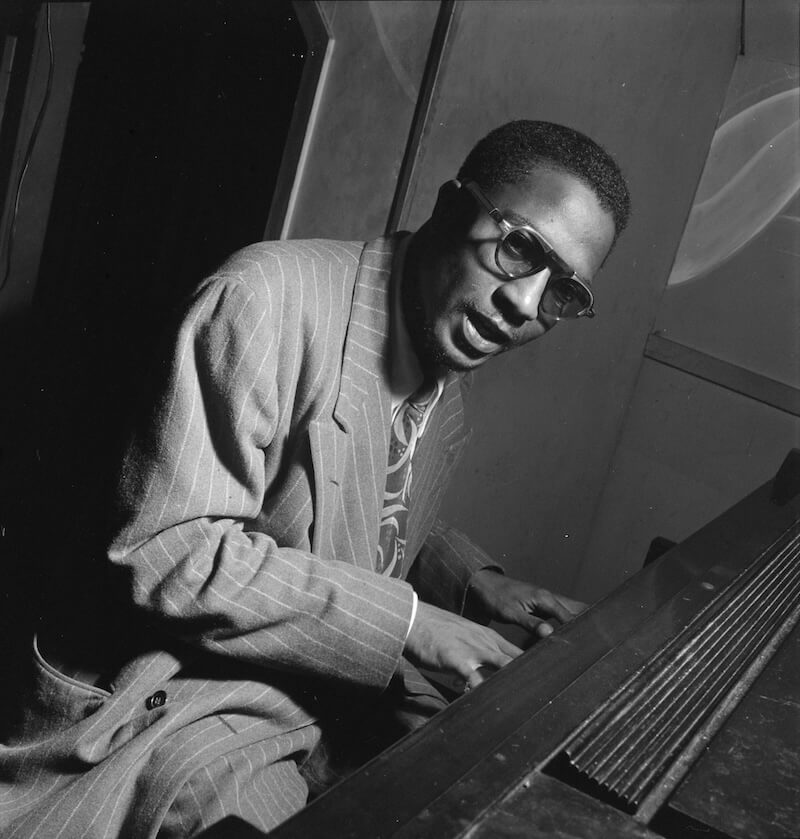
Faculty Spotlight
Panayotis (Panos) Mavromatis
Associate Professor of Music and Music Education
My research focuses on AI-driven analysis and modeling of music. My ultimate goal is to understand and cultivate human creativity in composition, improvisation, and performance. This creativity typically involves both explicit and implicit knowledge. On the one hand, there is a long tradition of explicit compositional theory and pedagogy handed down to us through historical documents. On the other hand, and perhaps most importantly, creativity also relies on a wealth of tacit knowledge and skill, which musicians absorb through exposure to other creators’ artful models. Unfortunately, the latter knowledge is rather volatile, as the secrets of great music practitioners of the past are typically lost once they are gone. My work leverages recent AI techniques in an effort to extract this lost knowledge through close analysis and simulation of the best composers’ and improvisers’ output. In doing so, I am not simply aiming for computer-generated music as a finished product, invented by a computer algorithm that is opaque to humans. I am ultimately interested in explainable models that can reverse-engineer the music creation process into human-digestible chunks, allowing our students to extract more lessons from past masters than was previously possible. Properly developed, these systems can also point to models for new creative directions through human-computer synergy.
My seminar on musical rhythm is probably one of my favorite courses to teach. First, because it evokes interdisciplinary approaches to the various aspects of rhythm—drawing from historical, music analytic, ethnographic, linguistic, cognitive, and computational studies. Second, as rhythmic phenomena pervade all musical cultures, they are best understood through cross-cultural study that is not limited to Western art music. In my seminar, I enjoy bringing together common themes emerging from repertories as diverse as West African drumming and Indian classical music. Last but not least, the multifaceted topic of musical rhythm naturally brings out diverse perspectives from our student population, who come from a wide range of programs, including music performance, composition, education, and technology. It is rewarding to see my course offer a platform for my students to explore and cultivate their individual voices in terms of their background, interest, and approach.

Panos participating in a March 2024 writing salon with MCFI colleagues at NYU Los Angeles
The Mid-Career Faculty Initiative has helped me find my way back to a more balanced professional path. I have found renewed focus in my research and I am able to better strategize towards the next stages of my career. I received valuable mentorship through the program’s leadership and the numerous guest speakers. I also benefited from a supportive, inspiring, and insightful peer group. I currently find myself at a crossroads in my career, not least because of the recent explosion in AI research, which has transformed the way I work. The program has helped me develop a plan for the next two to three years, in which I will try to maximize my creative potential while keeping a healthy balance of research, teaching, and service.
My dissertation advisor, Matthew Brown, at the Eastman School of Music, will always have a special place in my heart. His broad interests and intellectual curiosity not only shaped his unique voice as a scholar, but also greatly benefited me as an advisee. He was one of the few people in my early career to appreciate my interdisciplinary background in mathematics and computer science on the one hand, and music on the other, when many people viewed my work with skepticism. Not least, Matthew was a great friend and supporter during some of the hardest times in my life. He also taught me a lot about career management, as well as academic politics!
Probably one of the great music creators of the past, like Bach, Beethoven, Stravinsky, or Thelonious Monk. For example, if I could talk to Bach, I would like to ask him what techniques he used to put together some of his most sophisticated compositions, which appear like mathematical puzzles to us—certainly not the same math that’s available to us now, which makes his work all the more intriguing. And if I had the chance to spend time with Thelonious Monk, I would have liked to watch him work on the piano—if he would allow me! Music creators in general, and improvisers in particular, often don’t like to talk about their process, which makes it all the more valuable to observe and analyze them directly whenever we can. And apart from the opportunities to delve deeper into their seemingly inexhaustible repository of musical knowledge, I feel that (in most cases!) I would enjoy hanging out with these masters and getting to know them as human beings.

“If I had the chance to spend time with Thelonious Monk, I would have liked to watch him work on the piano—if he would allow me!”
Listen to a 1957 recording of Thelonious Monk playing his renowned ’Round Midnight.
Log in with your NYU NetID to play the track through NYU Libraries’ Alexander Street, a vast archive of music and videos.
Thelonious Monk, Minton’s Playhouse, New York City, ca. Sept. 1947. Photograph by William P. Gottlieb.